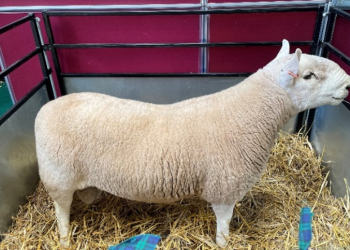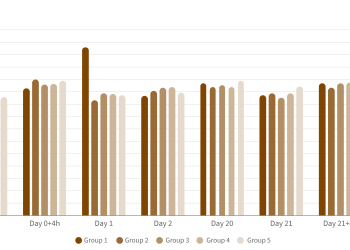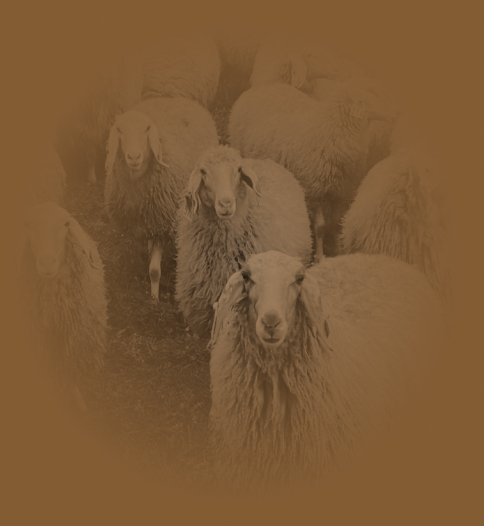Impact on milk composition
Somatic cells in sheep and goat milk can be increased by various factors, but the main one is mastitis.
A high SCC is related to changes in the composition of the milk. If there is damage to the glandular tissue, the synthesis of some components is reduced, and the permeability of the membranes also increases, which causes components in the blood to be passed to the milk.
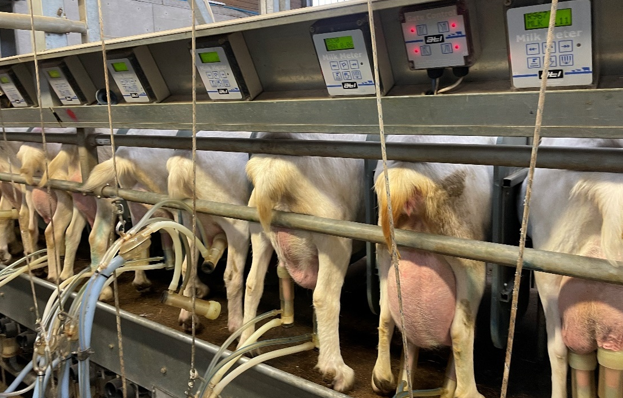
Milk with a high SCC has less fat, casein, and lactose, while whey protein and pH are increased. This will result in an alteration of the physicochemical composition of the cheese.
For example, the coagulation of cheese is altered by changes in casein content, as this affects the function of rennet and starter cultures.
When the SCC is high, chlorine ions also increase and alter the osmotic pressure of the milk, a factor that also influences the coagulation time.
Changes in coagulation and reduced cheese yield increase production costs and reduce profits.
Somatic cells and enzymes
Plasmin is the most abundant proteolytic enzyme in milk. Its precursor is plasminogen, and the presence of somatic cells favors its transformation into plasmin (especially macrophages). Plasmin activity is the factor that most affects coagulation and casein degradation and contributes to a reduction in cheese production.
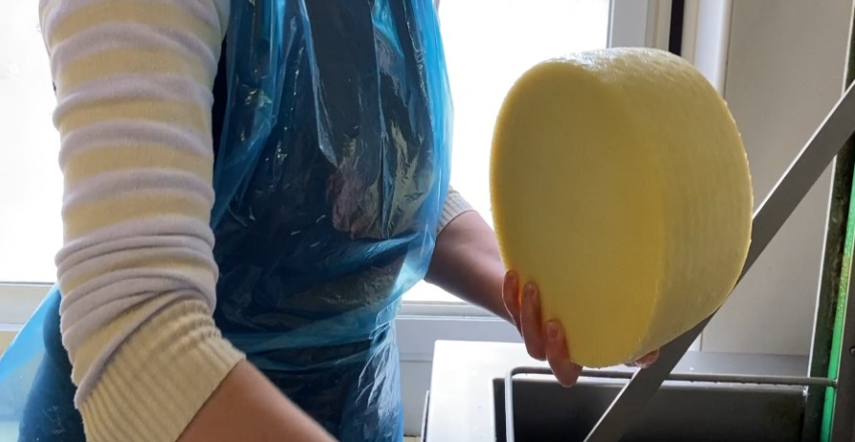
Proteolysis also results in the production of biogenic amines (nitrogenous compounds) such as histamine, serotonin, tyramine, tryptamine, etc. High levels of these compounds can cause poisoning.
Cheese flavor depends on various enzymatic reactions such as proteolysis, lipolysis, and fermentation.
Leukocytes also produce lipolytic enzymes. Lipases modify the membrane of fat globules in the milk, and fatty acids, such as butyric, are released.
Lipolysis causes rancid flavor in cheese and proteolysis bitterness, in addition to affecting the texture.
Conclusions
– SCC greatly affects the production and quality of cheese, which is why it is interesting to monitor it on farms.
– If we do not use good quality milk we will not obtain a good cheese yield, which will generate economic losses.
– It is necessary to establish measures that help control SCC on farms: management and vaccination.
Article written by:
Tania Perálvarez Puerta. Global Product Manager, Small Ruminants Franchise – HIPRA
References:
- Moradi, M., et al. The relationship between milk somatic cell count and cheese production, quality and safety: A review. International Dairy Journal, 2020
- S. X. Chen., et al. Effect of somatic cell count in goat milk on yield, sensory quality, and fatty acid profile of semisoft cheese. Journal of Dairy Science Vol. 93 No. 4, 2010
- Park YW., et al. (2017) Factors Affecting Sensory Quality of Goat Milk Cheeses: A Review. J Adv Dairy Res 5: 185
- Klára Podhorecká., et al. Somatic Cell Count in Goat Milk: An Indirect Quality Indicator. Foods 2021, 10, 1046
- M. Albenzio., et al. (2004) Effects of Somatic Cell Count and Stage of Lactation on the Plasmin Activity and Cheese-Making Properties of Ewe Milk. J. Dairy Sci. 87:533–542
- K. Raynal-Ljutovac., et al. Somatic cells of goat and sheep milk: Analytical, sanitary, productive and technological aspects. Small Ruminant Research 68 (2007) 126–144
